Courses Taught by Andrew Brouwer
EPID604: Applications Of Epidemiology
- Graduate level
- Residential
- Fall, Winter, Spring, Spring-Summer, Summer term(s) for residential students;
- 1-6 credit hour(s) for residential students;
- Instructor(s): Ella August, James Buskiewicz, Sara Adar, Matthew Boulton, Andrew Brouwer, Melissa Beck, Kelly Bakulski, Miatta Buxton, Joseph Eisenberg, Marisa Eisenberg, Nancy Fleischer, Betsy Foxman, Aubree Gordon, Alexis Handal, Jennifer Head, Jihyoun Jeon, Spruha Joshi, Sharon Kardia, Carrie Karvonen-Gutierrez, Lindsay Kobayashi, Peter Larson, Aleda Leis, Elizabeth Levin-Sparenberg, Lynda Lisabeth, Juan Marquez, Emily Martin, Briana Mezuk, Alison Mondul, Lewis Morgenstern, Belinda Needham, Marie O'Neill, Sung Kyun Park, C. Leigh Pearce, Laura Power, Alex Rickard, Jennifer Smith, Eduardo Villamor, Abram Wagner, Xin Wang, Douglas Wiebe, Zhenhua Yang, Jonathan Zelner, (Residential);
- Prerequisites: Instructor Permission
- Description: Application of epidemiological methods and concepts to analysis of data from epidemiological, clinical or laboratory studies. Introduction to independent research and scientific writing under faculty guidance.
- This course is cross-listed with .
- Syllabus for EPID604
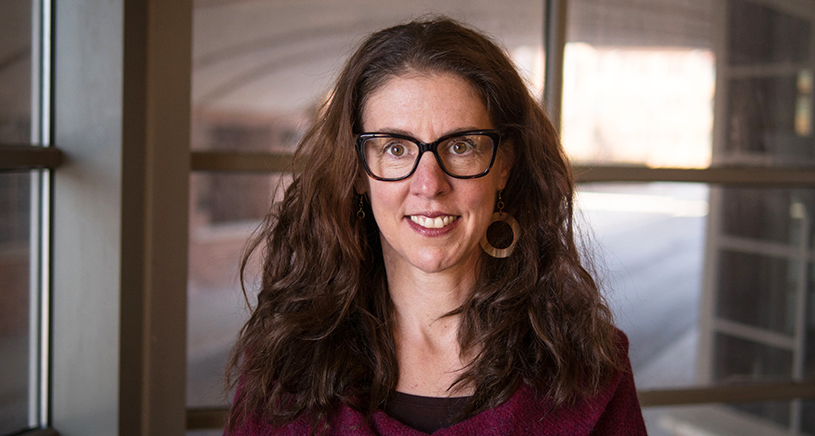
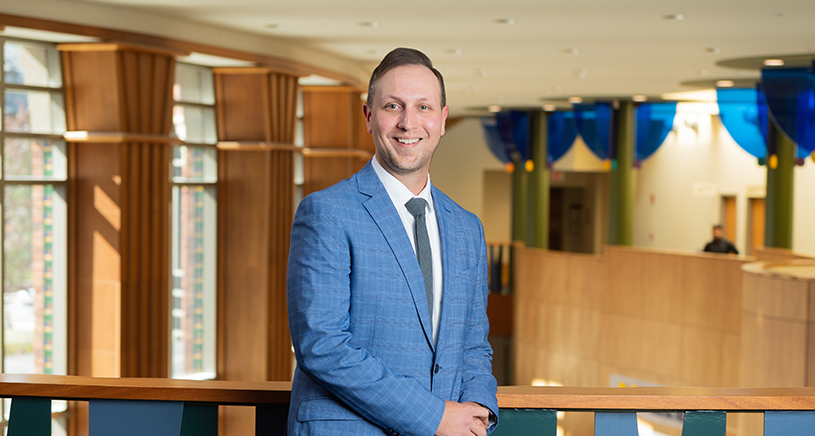
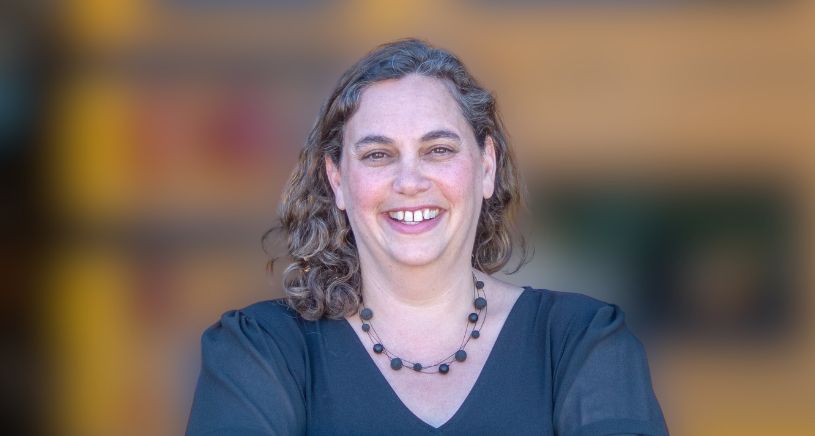

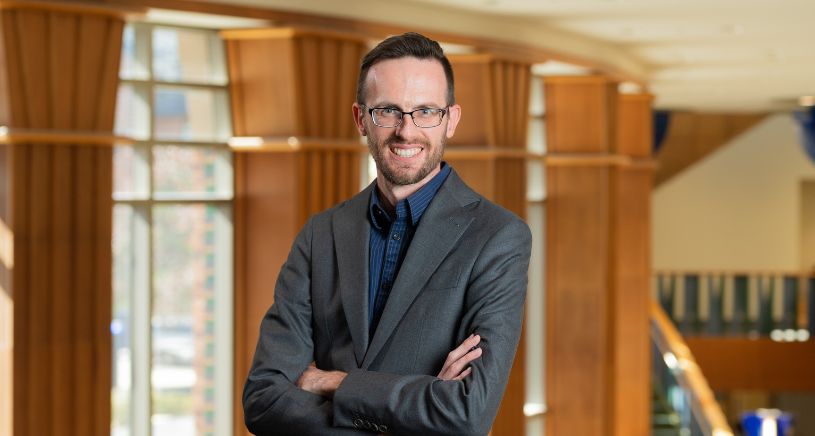
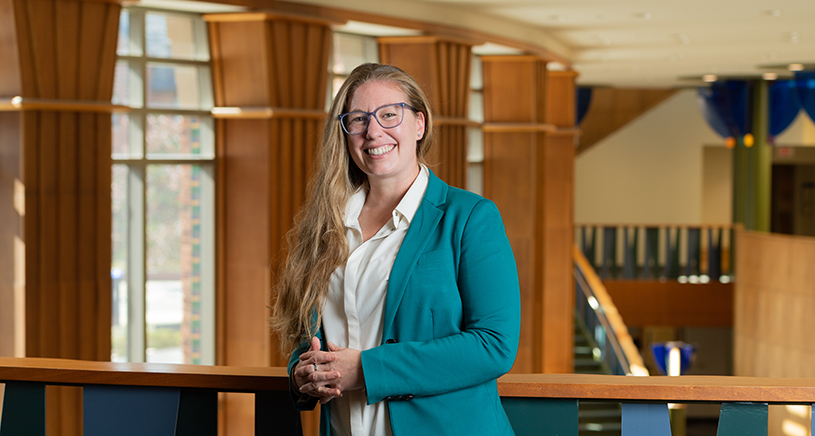


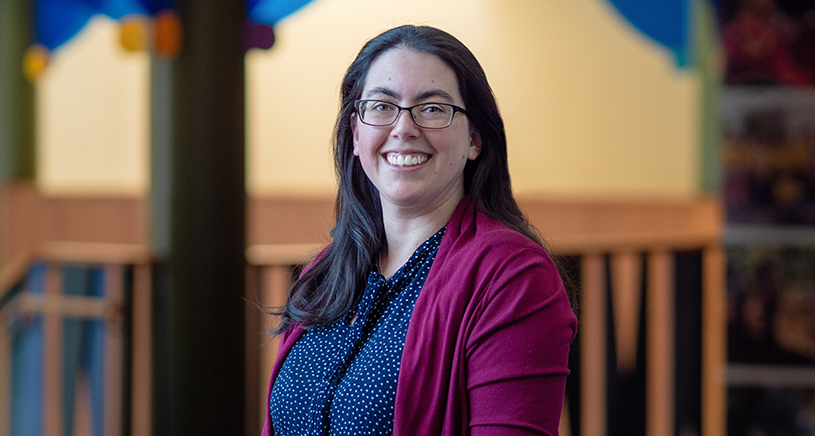
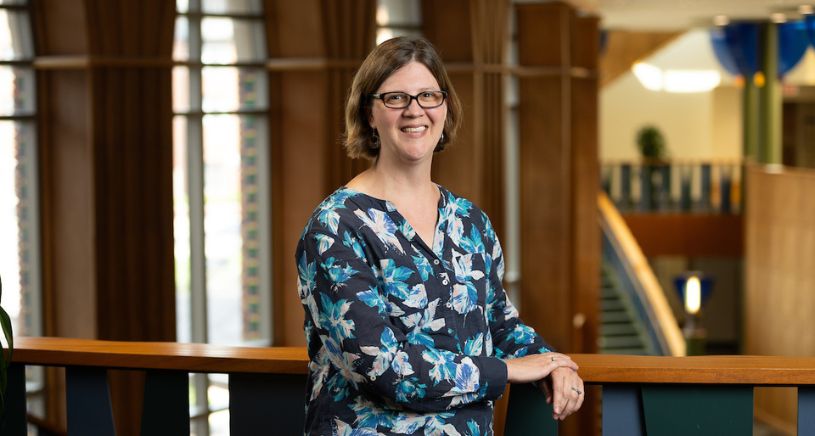
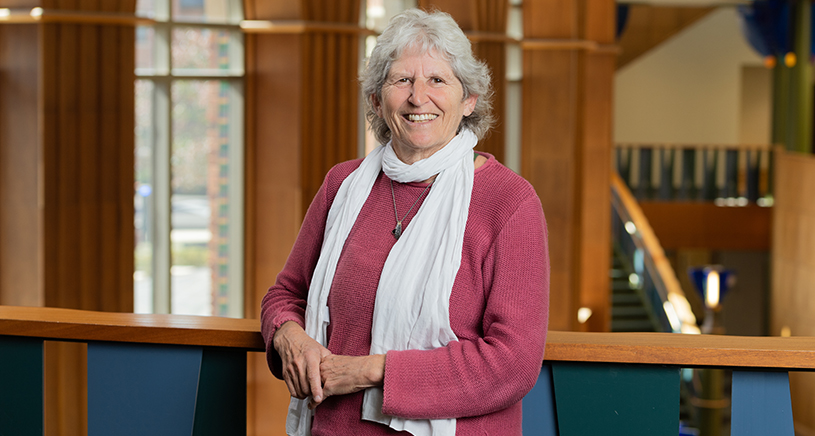
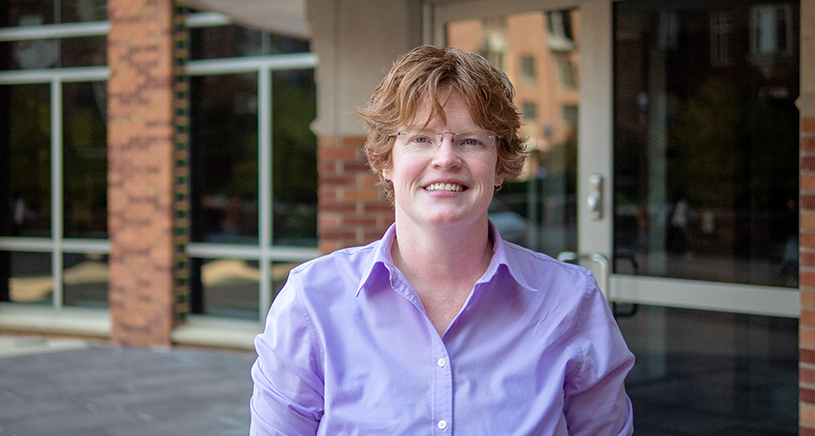

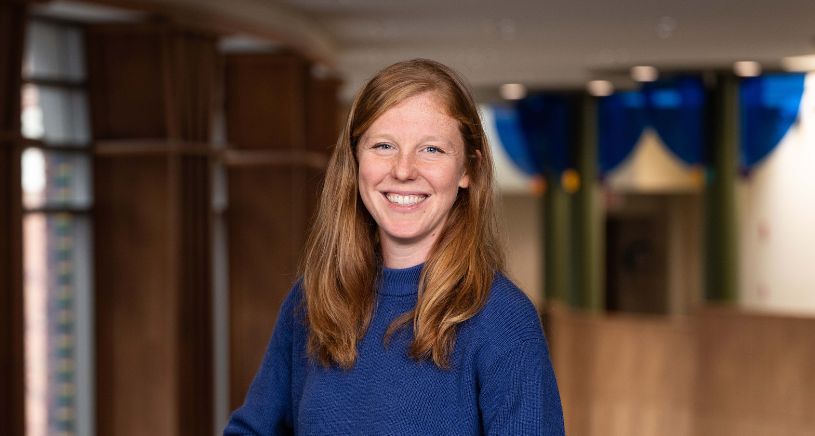

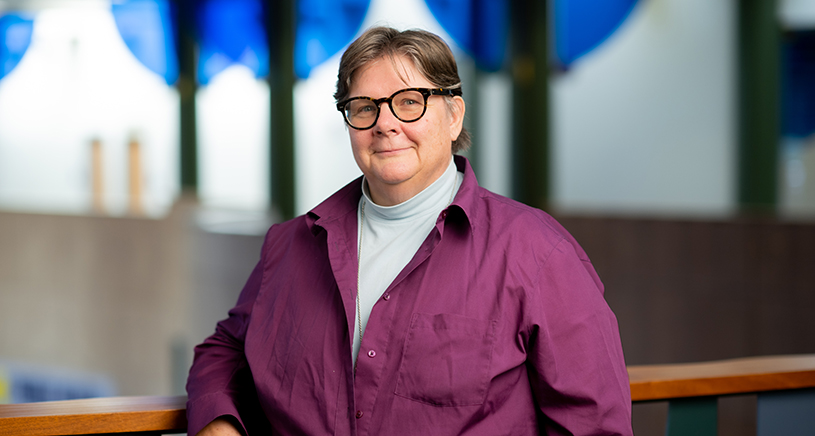
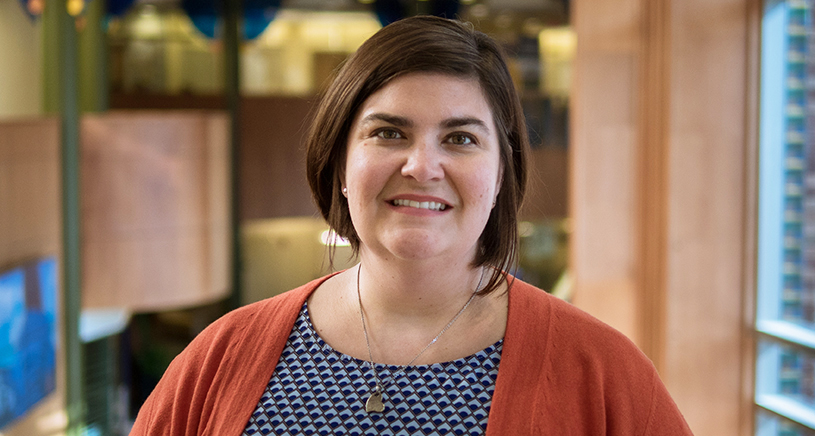
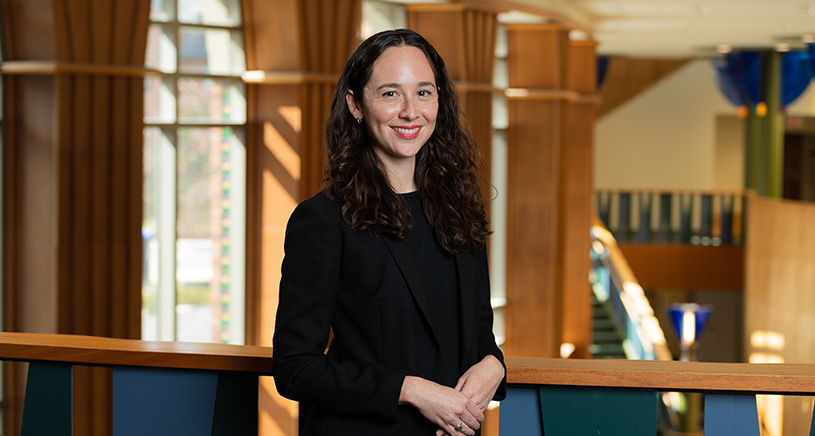
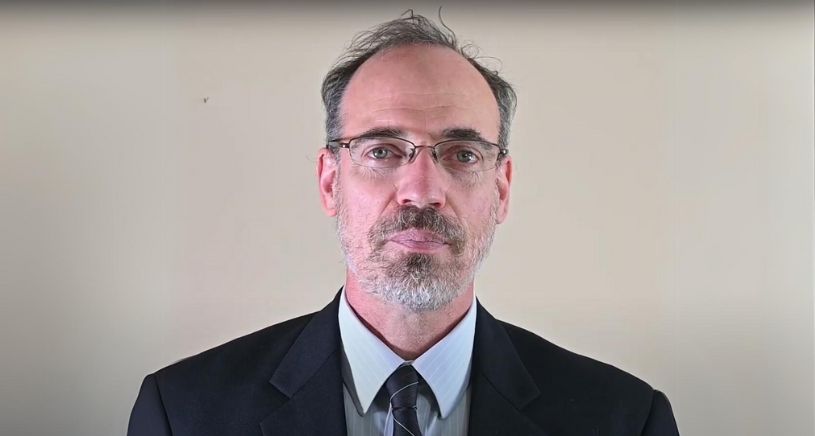
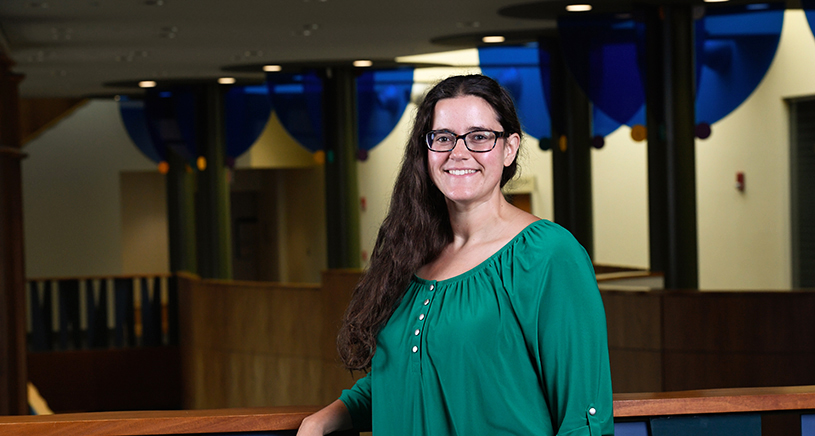
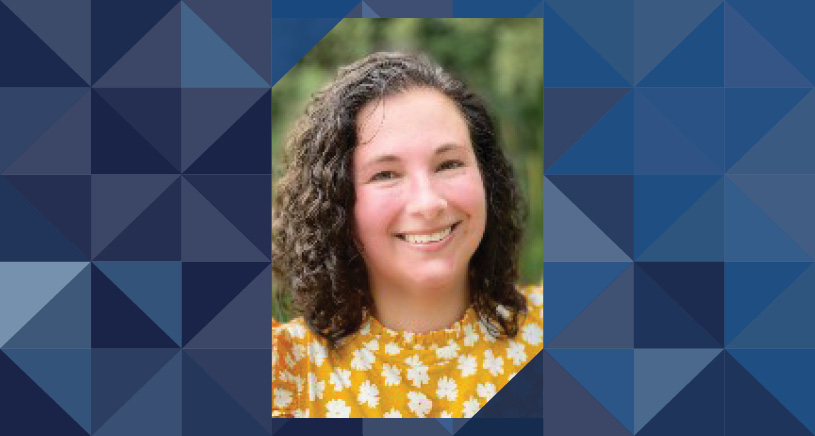
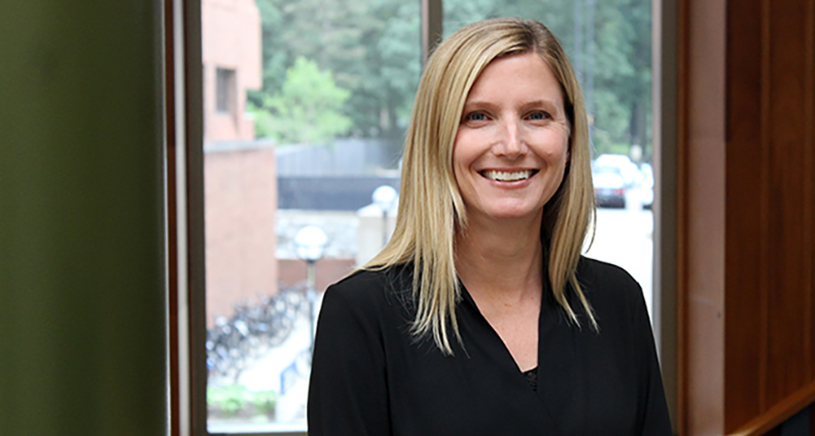
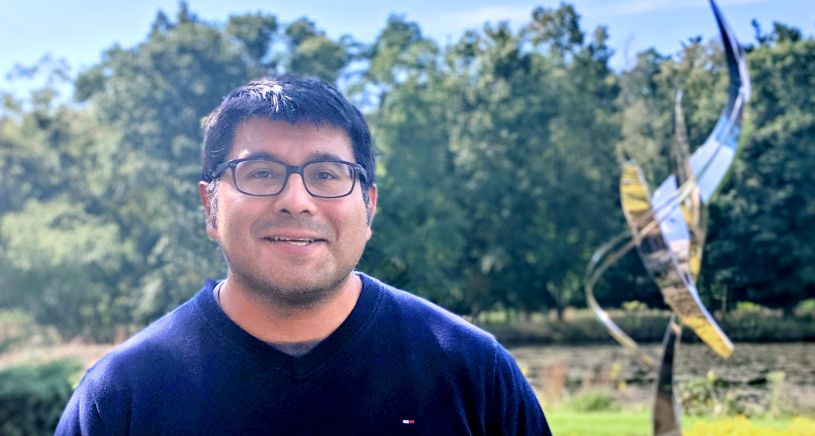
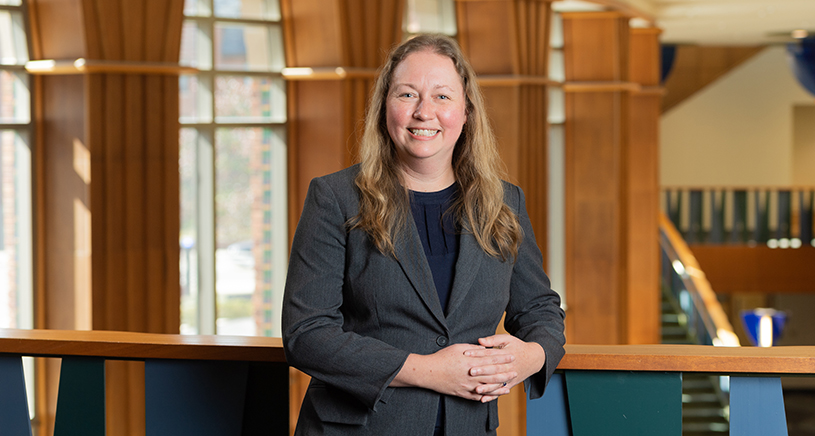
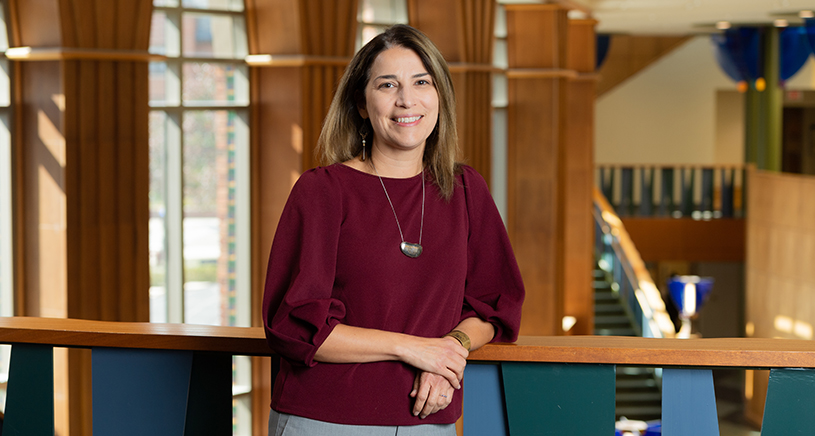
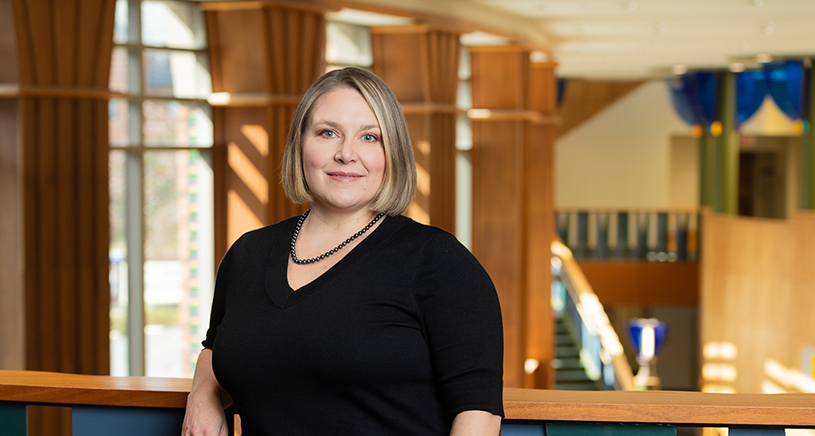

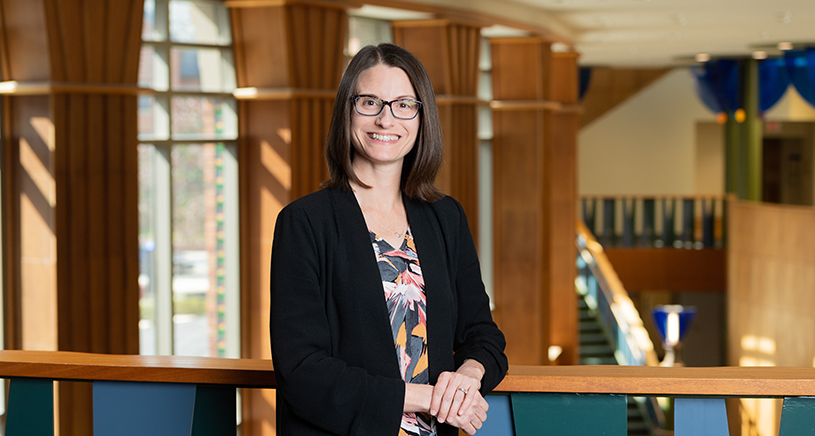
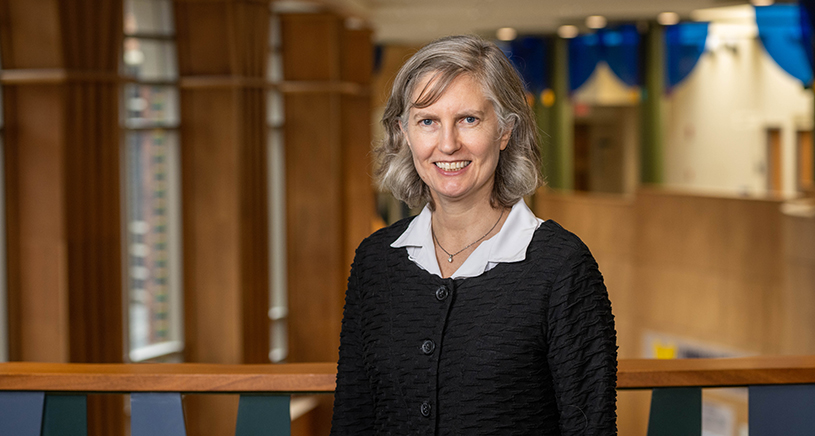


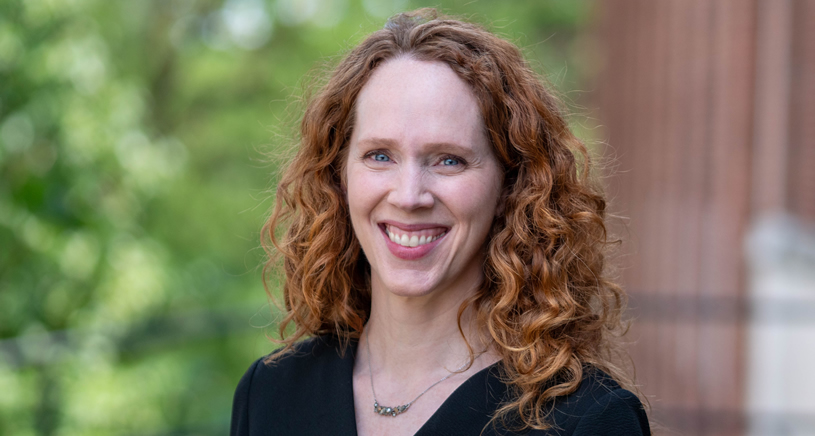

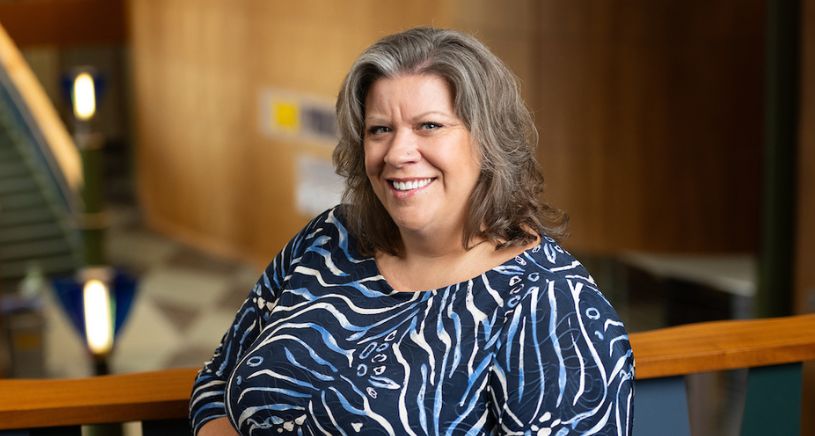





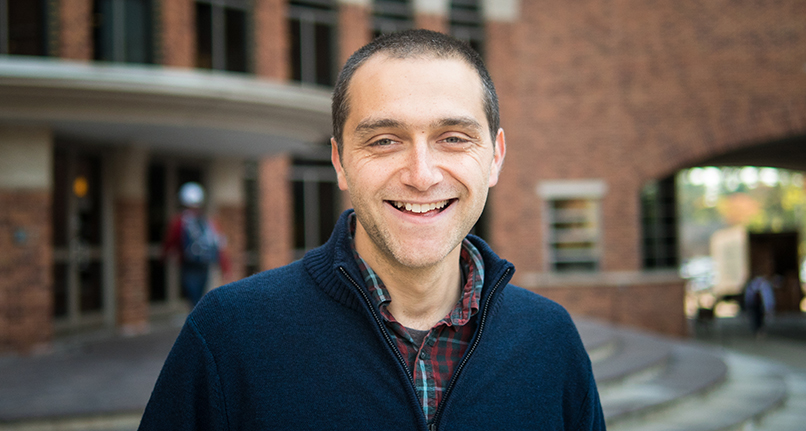
EPID633: Introduction to Mathematical Modeling in Epidemiology and Public Health
- Graduate level
- Residential
- Fall term(s) for residential students;
- 3 credit hour(s) for residential students;
- Instructor(s): Andrew Brouwer (Residential);
- Offered Every Fall
- Prerequisites: None
- Description: This course serves as a basic introduction to math modeling in epidemiology, with examples drawn broadly from infectious disease, chronic disease, and social epidemiology. The goal of this course is to give students basic familiarity with a wide range of topics and methods in mathematical modeling for epidemiology.
- Syllabus for EPID633

EPID636: Cancer Risk and Epidemiology Modeling
- Graduate level
- Residential
- Fall term(s) for residential students;
- 3 credit hour(s) for residential students;
- Instructor(s): Andrew Brouwer (Residential);
- Last offered Fall 2021
- Prerequisites: BIOSTAT 560 or permission from the instructor
- Description: This course will introduce 1) the concepts of multistage carcinogenesis and the analysis of cancer epidemiology using mathematical models of carcinogenesis; 2) the analysis of cancer prevention strategies using Markov cancer natural history models. Students will learn how to develop and fit multistage and cancer natural history models in R.
- Syllabus for EPID636

EPID703: Applied Infectious Disease Modeling
- Graduate level
- Residential
- Summer term(s) for residential students;
- 1 credit hour(s) for residential students;
- Instructor(s): Andrew Brouwer (Residential);
- Prerequisites: None
- Advisory Prerequisites: 1) Experience with modeling, such as EPID 793, or good quantitative background including statistics and differential equations. 2) Experience with basic programming in R software, including indexing, functions, if statements, and for-loops.
- Description: Infectious disease modeling is increasingly being used to inform policy, practice, and research. This course will provide an introduction to the epidemiological and mathematical concepts underlying infectious disease modeling as well as the application of these concepts through hands-on model implementation.
- This course is cross-listed with .

